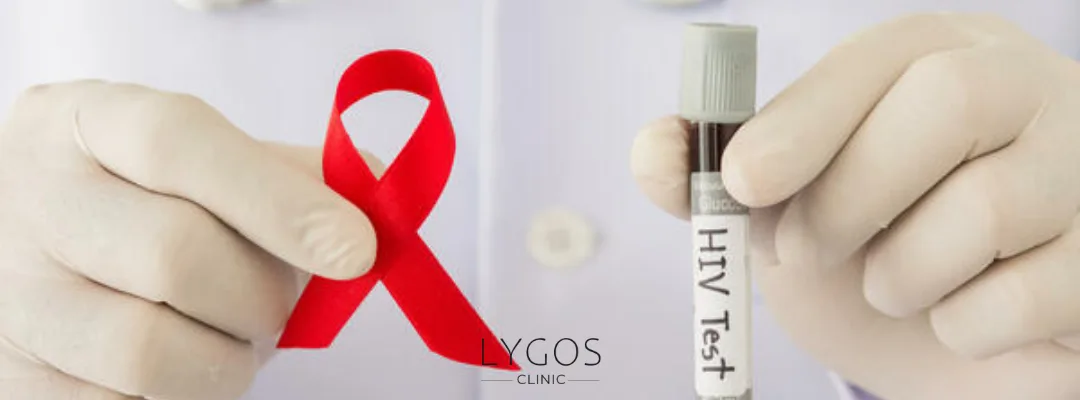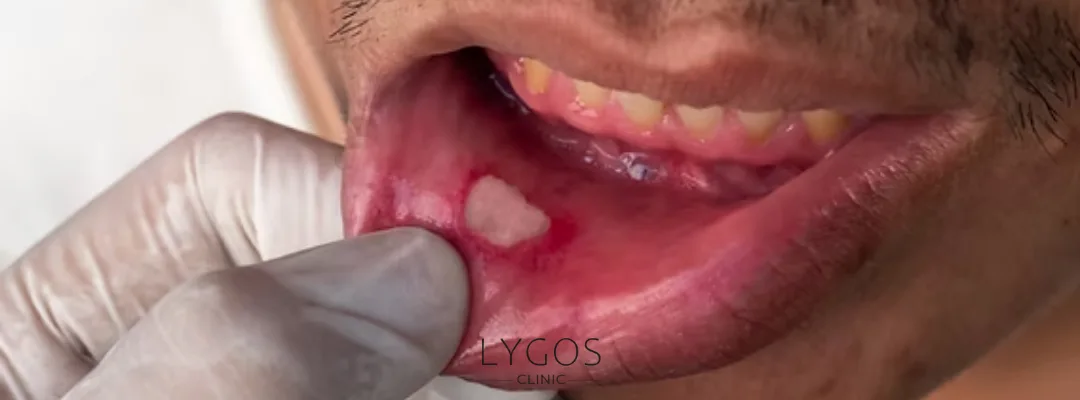How to Maintain Oral and Dental Health in HIV Patients

Chose Your Topic
How to Maintain Oral and Dental Health in HIV Patients
HIV is a serious infectious disease that targets the immune system. It affects not only overall health but also directly impacts oral and dental health. How to Maintain Oral and Dental Health in HIV Patients is a critical topic because individuals with HIV are more vulnerable to infections. In this article, you’ll find essential information ranging from common oral problems experienced by HIV-positive individuals to preventative care methods.

What Is HIV and How Does It Affect Oral Health?
HIV (Human Immunodeficiency Virus) damages the immune system, reducing the body’s ability to fight infections. If left untreated, it can progress to the AIDS stage. However, with today’s advanced antiretroviral treatments, people with HIV can live long and healthy lives.
How to Maintain Oral and Dental Health in HIV Patients involves understanding how immune suppression increases susceptibility to oral conditions. Oral fungal infections, viral lesions, gum diseases, and dry mouth are more frequent and severe among HIV-positive individuals.
Common Oral Problems in HIV-Positive Individuals
When exploring how to maintain oral and dental health in HIV patients, it’s important to recognize the most common oral issues:
- Oral Candidiasis (Oral Thrush): Weakened immunity allows the fungus Candida to grow, causing white patches on the tongue and cheeks.
- Aphthous Ulcers (Canker Sores): Painful and persistent ulcers are more difficult to manage in HIV-positive patients.
- HIV-Associated Periodontal Diseases: Severe conditions like necrotizing ulcerative periodontitis can lead to tooth loss.
- Dry Mouth (Xerostomia): Some HIV medications reduce saliva, making oral hygiene more challenging.
- Oral Hairy Leukoplakia: White, hairy patches on the tongue often indicate a compromised immune system.
These examples highlight why knowing how to maintain oral and dental health in HIV patients is essential for early detection and treatment.
Why Are Regular Dental Check-Ups Necessary?
A key part of understanding how to maintain oral and dental health in HIV patients is recognizing the importance of routine dental visits. Benefits include:
- Early detection of lesions
- Prevention of gum disease
- Custom hygiene strategies
- Safer treatment planning with consideration of immune status
It’s typically advised that HIV-positive individuals visit their dentist at least twice annually.

Daily Oral Hygiene Tips for HIV-Positive Individuals
How to maintain oral and dental health in HIV patients starts with daily care. Effective habits include:
- Brushing: Use a soft-bristled toothbrush to clean teeth and tongue twice a day.
- Flossing: Removes food particles and bacteria between teeth.
- Antimicrobial Mouthwashes: Doctor-recommended rinses help reduce harmful oral bacteria.
- Hydration: Drinking water combats dry mouth and supports saliva production.
- Limiting Sugar: Reduces risk of cavities and plaque formation.
These small steps play a large role in how to maintain oral and dental health in HIV patients consistently.

Important Considerations in Dental Treatment for HIV Patients
When discussing how to maintain oral and dental health in HIV patients, dental professionals must consider the patient’s immune status. Important points include:
- Antibiotic prophylaxis in specific cases
- Medical consultation for high-risk procedures
- Awareness of drug interaction
- Adjustments if oral lesions are present
Effective communication between dentists, physicians, and patients ensures successful treatment and emphasizeshow to maintain oral and dental health in HIV patients safely.
Common Misconceptions About HIV and Dental Health
Public education is another part of how to maintain oral and dental health in HIV patients. Addressing myths helps reduce stigma:
- Myth: Dental care is unsafe for HIV patients.
- Truth: With standard precautions, treatment is safe.
- Myth: HIV spreads through dental tools or saliva.
- Truth: HIV is not transmitted via saliva. Sterile techniques prevent any risk.
- Myth: Oral issues in HIV patients can’t be treated.
- Truth: Most conditions are manageable with proper care.
Combating misinformation plays a vital role in how to maintain oral and dental health in HIV patients and promotes equality in healthcare.
How to maintain oral and dental health in HIV patients is more than a medical concern—it’s a matter of public awareness. A weakened immune system makes minor oral issues potentially serious. Therefore, combining daily hygiene, regular check-ups, and expert care is essential.
Health professionals, patients, and society all share the responsibility in supporting how to maintain oral and dental health in HIV patients. By raising awareness and providing accessible care, we can ensure everyone has the opportunity to maintain oral well-being.
How to Maintain Oral and Dental Health in HIV Patients Frequently Asked Questions (FAQ)
Usually, no special preparation is needed. However, informing the dentist about immune status (CD4 count, viral load, etc.) helps in planning safe treatment.
No. The risk of transmission during dental treatment is extremely low. HIV is not spread through saliva, and procedures performed in sterile environments are completely safe.
A weakened immune system makes the body more vulnerable to infections. This leads to a higher incidence of fungal infections, gum diseases, and dry mouth.
White lesions in the mouth (oral candidiasis), hairy white plaques on the tongue (oral hairy leukoplakia), frequent canker sores, and gum recession may be related to HIV. However, these can also occur for other reasons and should be evaluated by a healthcare professional.


